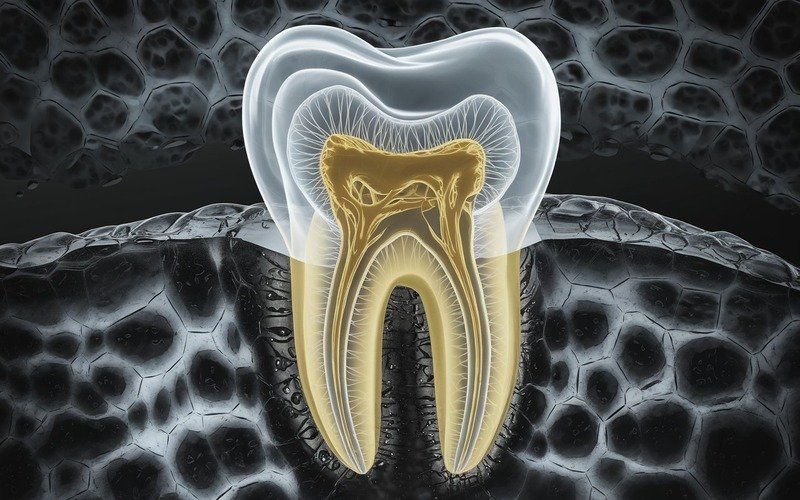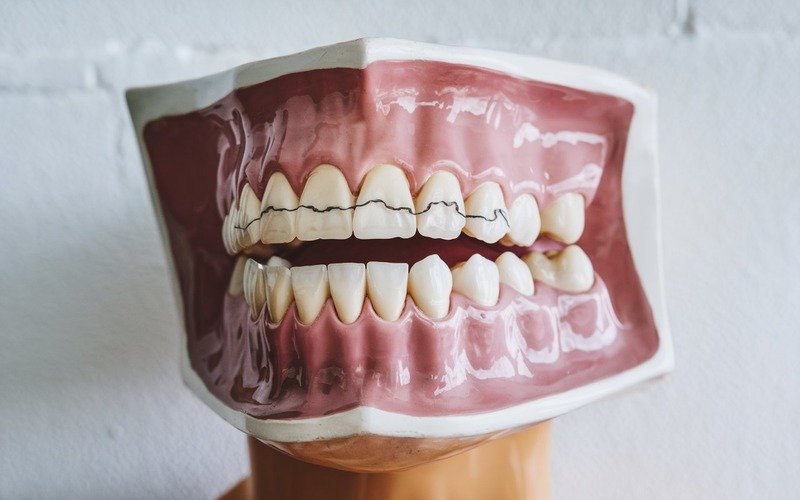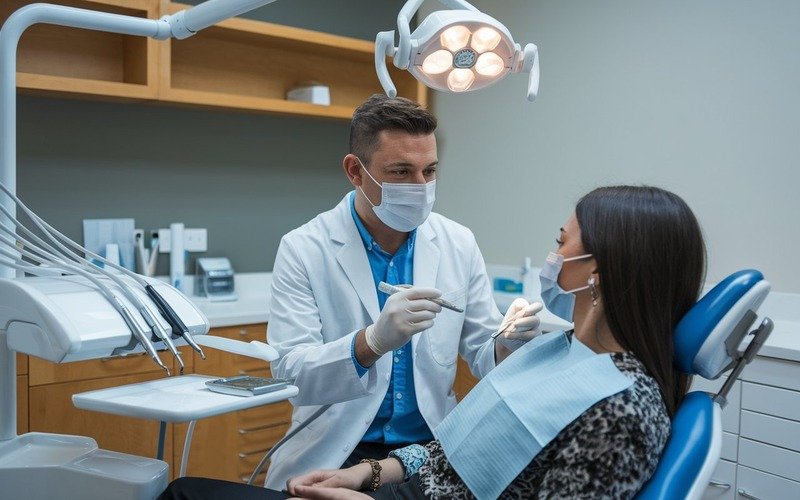
You’re enjoying a perfect summer day, and someone hands you a delicious ice cream cone. But instead of pure joy, you feel a sharp, shooting pain when the cold treat touches your teeth.
Ouch! What’s going on? Why do some people sail through hot and cold foods while others feel like their teeth are on fire? The good news is that tooth sensitivity isn’t some mysterious condition you’re stuck with forever.
There are real reasons why this happens, and more importantly, real ways to fix it. In this guide, we’ll break down exactly what causes tooth sensitivity and give you practical steps to get your smile back to feeling normal.
What’s Really Going On Inside Your Teeth?
Teeth appear to be hard, unchanging structures but are, in fact, living systems that are extremely complex. Picture your tooth as a tiny, intricate abode with super-sensitive walls that react to every temperature change and pressure point.
And really, why shouldn’t a tooth have its own reverberating “house” space? After all, beneath that tough enamel exterior lies a world of nerve endings and canals that, when not at ease, can lead to major dental problems.
The teeth aren’t just solid structures; they’re dynamic entities that convey discomfort with incredible clarity and speed. Ever since humans evolved from jawed vertebrates, teeth have been highly specialized and retain an impressive array of traits that allow them to survive life in a biochemically hostile mouth.
Even now, as we face the dual challenges of dental decay and the even more formidable problem of losing gum tissue to disease, our teeth do a better-than-average job of hanging on to their residences.
Common Triggers That Make Your Teeth Scream
What causes your teeth to shift from perfectly healthy to achingly painful? It’s definitely not all in your head. The foods and beverages you enjoy can turn into surprise saboteurs.
That delectable, ice-cold bowl of ice cream or your scalding hot, morning coffee can induce an immediate and intense reaction from your teeth, not to mention the sharp and lingering pain that can occur afterwards.
Most people don’t realize this: temperature extremes are like kryptonite for sensitive teeth. When hot or cold substances come into contact with the exposed nerve endings of a sensitive tooth, something that often occurs when a person with sensitive teeth eats or drinks, the temperature can cause the tooth itself and its composition to rapidly react-and not in a good way.
You May Like: How Often Should I Replace My Toothbrush?
Top Reasons Your Teeth Are Feeling Extra Sensitive
Teeth don’t just randomly become sensitive. There are several prime provocateurs that can leave your teeth feeling tingly and sore. The most common is worn enamel – just like the armor of your tooth getting thinner and weaker, worn enamel leaves your tooth vulnerable to temperature changes and all kinds of other stimuli.
Another serious problem can develop with your gums. If you begin to have gum recession, it will expose more of the sensitive root of your tooth. Your gum line can recede for several reasons, including aggressive brushing, periodontal disease, and just plain old age.
If you grind your teeth at night, as some people do, you can also diminish the protective layers of your teeth, which will make them more sensitive to just about any kind of stimulation.
DIY Solutions to Calm Sensitive Teeth
Tooth sensitivity does not always call for a trip to the dentist at LifeWorks Dental. Some home treatments can help manage and minimize the discomfort. Brushing with a soft-bristled toothbrush and using toothpaste designed for sensitive teeth can make a significant difference.
Think about your brushing technique. Gentle, circular motions are far better than aggressive back-and-forth scrubbing. Enamel can be rebuilt to some extent with fluoride mouthwash; the challenge that presents, however, is the relatively short amount of time that most people tend to keep mouthwash in their mouths.
Avoiding very hot or very cold foods can give teeth some time to recover between brushes.
When It’s Time to Call a Professional
Although most cases of tooth sensitivity can be handled at home, some managed instances are telling signs of more serious problems.
While it’s understandable to not want to go to the dentist near you, the accompanying persistence of pain, tooth sensitivity that doesn’t resolve after a few weeks of home care, or any signs of dental decay should be enough motivation to finally make that appointment.
Cavities, tiny cracks, or undiagnosed gum issues can still exist underneath the polish. A dentist can unveil these hidden problems with a rigorous exam and treat them with the precision that makes your smile safe to show.
What good are all the teeth in your head if they’re not healthy enough to last as long as you do? Hearing is believing, and a good dentist makes sure you can believe in your dental health.
Conclusion
Tooth sensitivity doesn’t have to control your life. By understanding what’s happening and taking proactive steps, you can enjoy hot coffee, cold ice cream, and everything in between without wincing. The most important takeaway? Your teeth are trying to tell you something.
Listen to them, take care of them, and they’ll take care of you. Got tooth sensitivity questions? Don’t suffer in silence. Talk to your dentist and take control of your dental health today.



